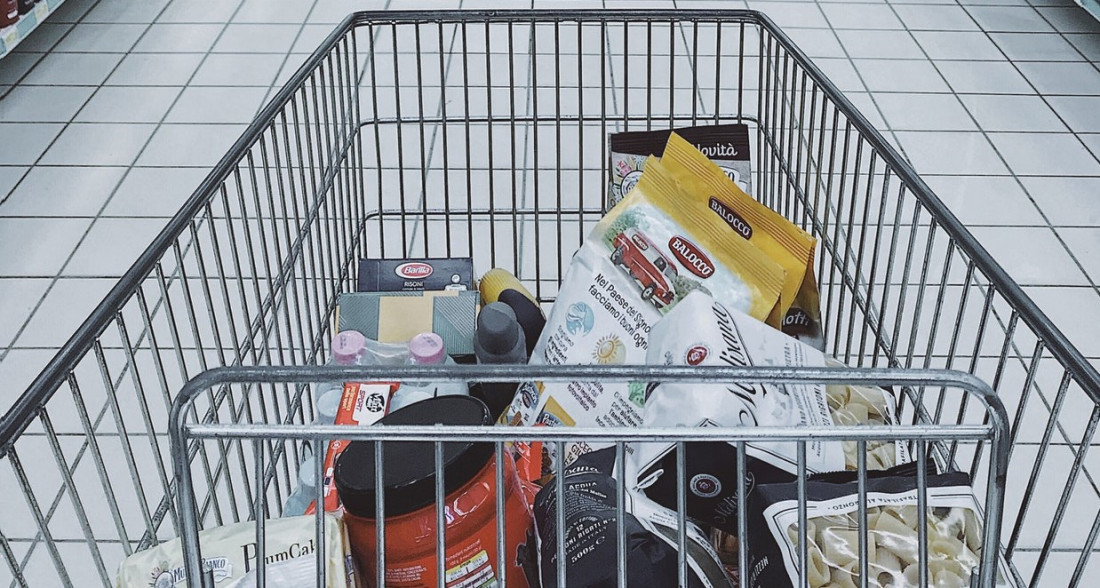An increasingly discussed topic in mainstream media, the twittersphere and facebookdom is the presence of additives in food. In fact it has become such a staple part of the conversation on eating that it is pure irony that the phrase ‘food preservative’ is permanently preserved in the fodder of our vocabulary.
Unfortunately, some parts of the debate turn aggressive and cruel. With anti-GMO protesters sometimes unwilling to hear scientific debate, or where big-agro spin doctors twist statistics to suit an argument. It has become a war of words, which as the Greek dramatist, Aeschylus said, “In war, the first casualty is truth.”
Of course, when he said this, he might have been questioning the use of sodium in his salt fish or the high oil content in his jar of olives, as even 2,500 years ago food preservatives existed. They are still required today, from the moment many foods are prepared; a fact that may need explaining to many members of the public.
Without additives, processed foods would not be able to be transported far, or would make a lot of people sick.
As it is, there are strict laws in place, to control all aspects of food production from farm gate to plate. But, as in any business, 100% guarantees are not possible. Unscrupulous businessmen bend and break rules, whilst changes in technology can produce cheaper substitutes, sometimes ahead of the law. And it is of course, these cases that make newspaper headlines.
Of these headlines, potassium carbonate has been in the news of late. It belongs to the group of additives, with the code E501 and is used in the manufacture of chocolate, cocoa powder and gingerbread.
Potassium carbonate is used as its alkalinity controls acid flavours. It also stabilizes food colours (such as fish fillets), reduces bitter aftertastes and regulates fat.
However, the campaign against ‘E numbers’ recently led one US manufacturer of chocolate ice cream to court, where they were required to pay compensation for using potassium carbonate to enhance the use of cocoa. Thus, it was claimed ‘devaluing the quality of the product’.
Given that potassium carbonate has been used as a food ingriedent for more than 100 years, during which time no adverse effects were noted (despite detailed and frequent testing), it was decided that the legal action would be dismissed.
However, only a short time later, another law suit was filed, this time against the food giant Unilever, for exactly the same product (chocolate icecream).
As long as cases like this remain, the law will hold a sense of ridiculousness given the natural sourcing of potassium carbonate. And given that it is mined in the US under strict controls, it is a wonder that salt has not also been banned or labelled as ‘toxic’. Where will this all end?

